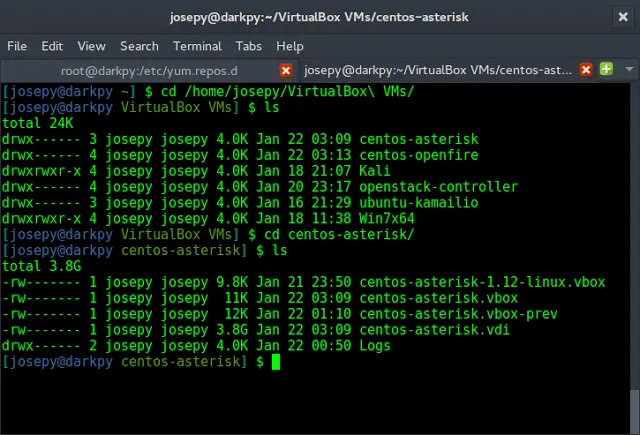Given a string consisting of lower case English Alphabets. The task is to count the number of occurrences of the non-empty prefix which occurs the maximum number of times in the string as a substring.
Examples:
Input : str = “abbcdabbcd”
Output : 2
Explanation: The prefix “abb” has maximum number of occurrences 2.Input : str = “abc”
Output : 1
Approach: The idea is to observe that every prefix of the array must contain the first character of the string and each of its respective occurrences will also. Also, the 1st character of a string is the minimum length prefix. So, the prefix with maximum number of occurrences will be the first character of the string itself. Therefore, the task now reduces to find the frequency of the first character in the given string.
Below is the implementation of the above approach:
C++
// CPP program to find the number of occurrences// of prefix which occurs maximum no. of time#include <bits/stdc++.h>using namespace std;// Function to return the count of the// required prefixint prefixOccurrences(string str){ char c = str[0]; int countc = 0; // Find the frequency of first // character of string for (int i = 0; i < str.length(); i++) { if (str[i] == c) countc++; } return countc;}// Driver codeint main(){ string str = "abbcdabbcd"; cout << prefixOccurrences(str); return 0;} |
Java
// Java program to find the number // of occurrences of prefix which// occurs maximum no. of time class GFG{ // Function to return the count of the // required prefix static int prefixOccurrences(String str) { char c = str.charAt(0); int countc = 0; // Find the frequency of first // character of string for (int i = 0; i < str.length(); i++) { if (str.charAt(i) == c) countc++; } return countc; } // Driver code public static void main(String args[]){ String str = "abbcdabbcd"; System.out.println(prefixOccurrences(str)); }} // This code is contributed by Arnab Kundu |
Python3
# Python3 program to find the number # of occurrences of prefix which# occurs maximum no. of time# Function to return the count# of the required prefixdef prefixOccurrences(str1): c = str1[0] countc = 0 # Find the frequency of first # character of string for i in range(len(str1)): if (str1[i] == c): countc += 1 return countc# Driver codestr1 = "abbcdabbcd"print(prefixOccurrences(str1))# This code is contributed# by mohit kumar |
C#
// C# program to find the number // of occurrences of prefix which // occurs maximum no. of time using System;class GFG { // Function to return the count of the // required prefix static int prefixOccurrences(string str) { char c = str[0]; int countc = 0; // Find the frequency of first // character of string for (int i = 0; i < str.Length; i++) { if (str[i] == c) countc++; } return countc; } // Driver code public static void Main() { string str = "abbcdabbcd"; Console.WriteLine(prefixOccurrences(str)); } } // This code is contributed by Ryuga |
Javascript
<script>// JavaScript program to find the number // of occurrences of prefix which// occurs maximum no. of time // Function to return the count of the // required prefix function prefixOccurrences(str) { var c = str.charAt(0); var countc = 0; // Find the frequency of first // character of string for (var i = 0; i < str.length; i++) { if (str.charAt(i) == c) countc++; } return countc; } // Driver code var str = "abbcdabbcd"; document.write(prefixOccurrences(str)); // This code is contributed by Amit Katiyar </script> |
2
Time complexity: O(N), where N is the length of the given string
Auxiliary space: O(1) as constant space is being used.
Ready to dive in? Explore our Free Demo Content and join our DSA course, trusted by over 100,000 neveropen!




